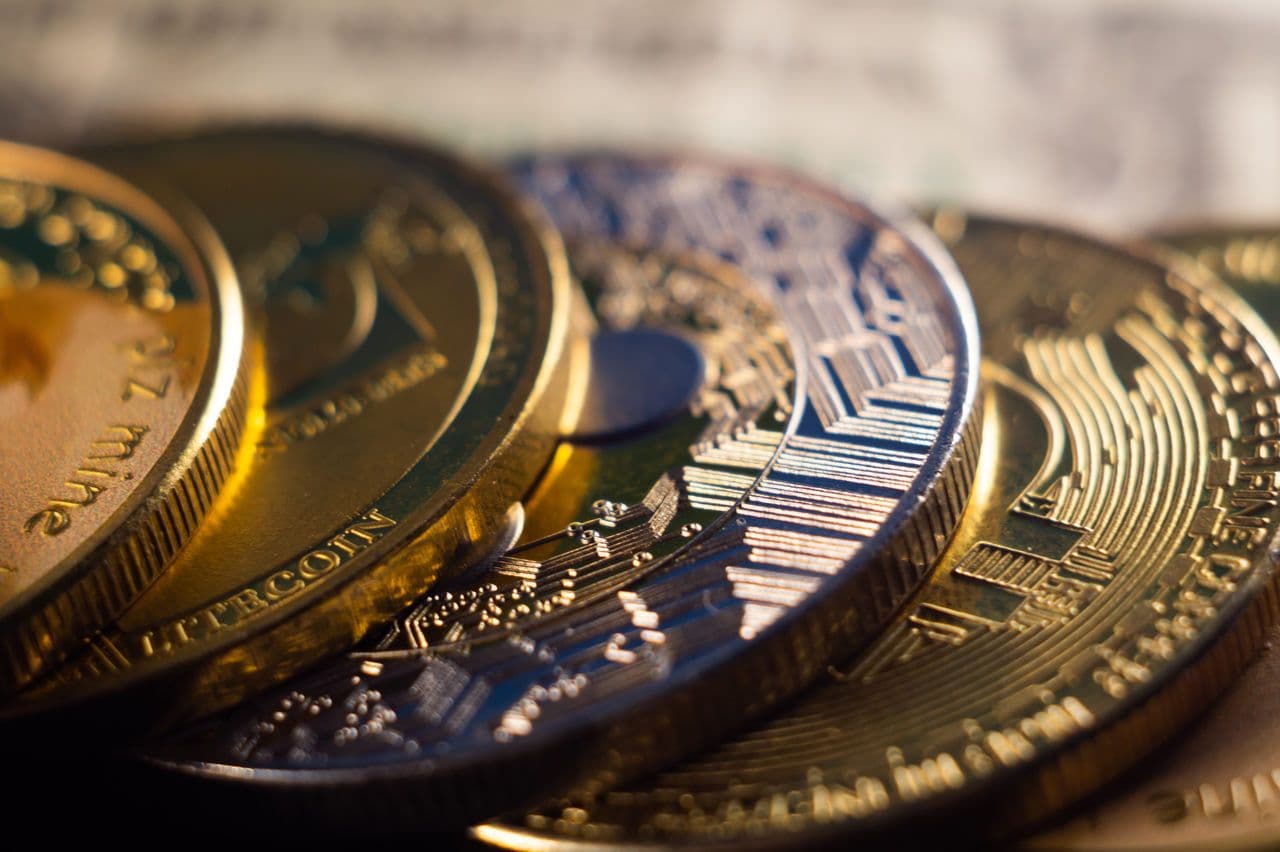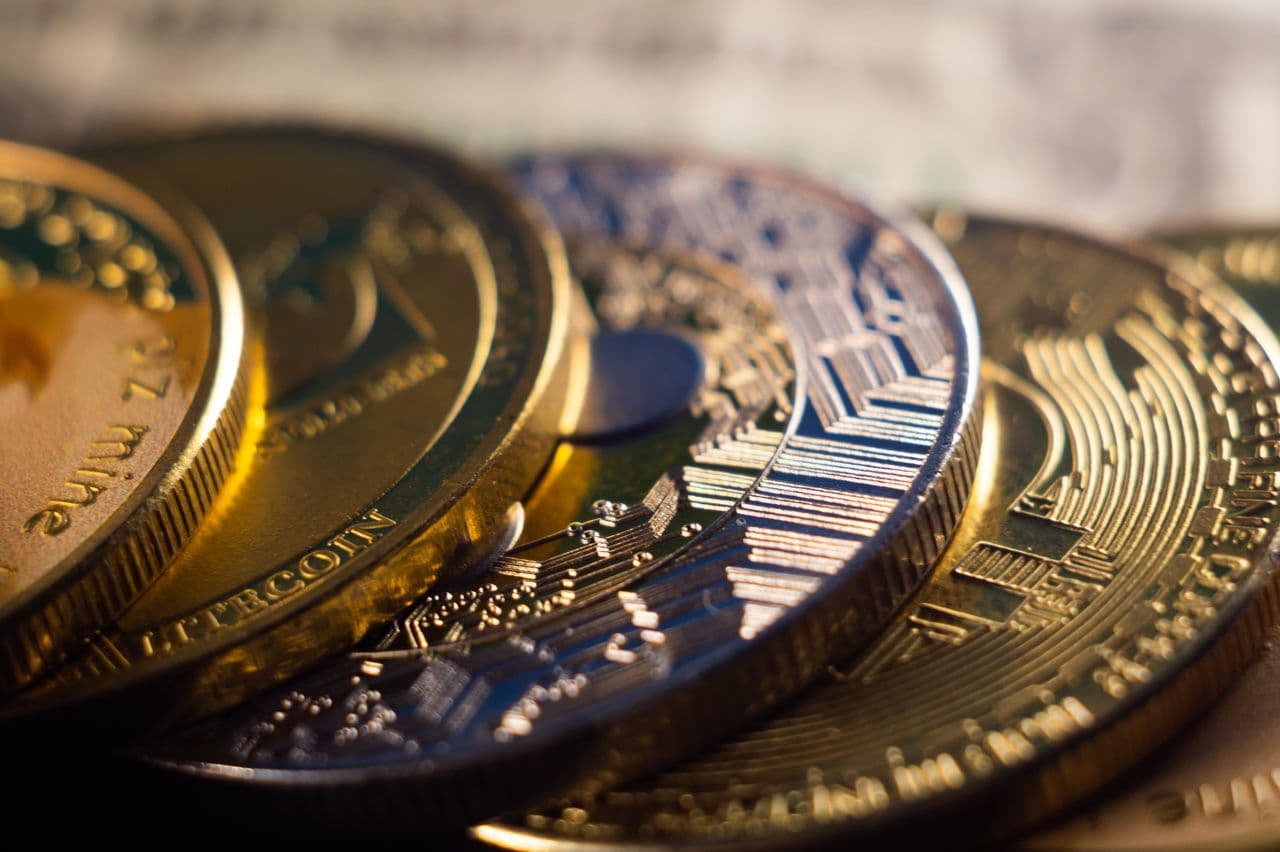Petro: Venezuela’s Saving Grace
Along with the rise of cryptocurrencies in the recent years, several major ICOs have received overwhelming amounts of support, raising a total of over $3.5 billion in the year of 2017. Following in the footsteps of these companies, entire governments […]

Along with the rise of cryptocurrencies in the recent years, several major ICOs have received overwhelming amounts of support, raising a total of over $3.5 billion in the year of 2017. Following in the footsteps of these companies, entire governments are beginning to launch their own ICOs, mainly with the purpose of countering inflation and mitigating corruption.
Venezuela, the South American country that has been struggling with hyperinflation and a collapsing socialist economy for a while now, is doing exactly that. On Tuesday, Venezuela launched the pre-mined cryptocurrency Petro, and has raised over $735 million during the first day of its pre-sale.
Petro is the first digital currency to be issued by a federal government. It was first unveiled by the president of Venezuela, Nicolas Maduro.
According to Maduro, the launch of Petro is aiming to pull the country out of an economic tailspin by allowing the ailing OPEC member to skirt U.S. sanctions as the bolivar currency plunges to record lows. Sanctions levied last year by Washington had blocked U.S. banks and investors from acquiring any newly-issued Venezuelan debt, effectively preventing the nation from borrowing abroad to bring in new hard currency or refinance existing debt.
The oil-backed coin was announced as a form of legal tender that can be used to pay taxes, fees, and other public needs. According to the government’s website, the Petro’s price will depend on the price of a barrel of Venezuelan oil from the previous day.
First introduced in January, the Petro token was offered for pre-sale on Tuesday morning with a discount. On the same day, the Venezuelan government released the white paper and buyers’ manual on its website. Although it is expected that more than 100 million Petros will be released, only 82.4 million of them will be distributed initially.
Naysayers Criticize Petro’s Launch
Although Petro seems to be solving a very dire issue in Venezuela right now, lawmakers inside and outside of the country have been criticizing the feasibility and the legal aspect of the token.
According to Reuters, Venezuela’s congress, which is run by the opposition, declared that soon after its launch, Petro will be deemed illegal. The legislative body is arguing on the premise that the since Petro is an oil-backed coin, its issuance would effectively be borrowing from the country’s oil reserves. This goes against certain laws, which mandates that any form of government borrowing must be pre-approved by the Congress.
In an interview, legislator Jorge Millan claimed that the implementation of Petro into the Venezuelan economy is “tailor-made for corruption”. According to Millan, “This is not a cryptocurrency, this is a forward sale of Venezuelan oil.”





























